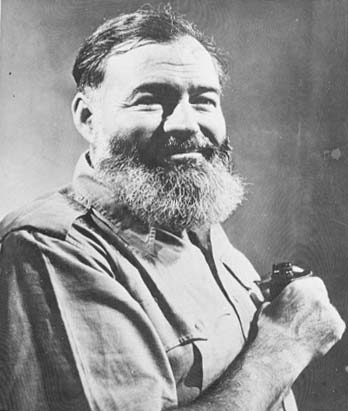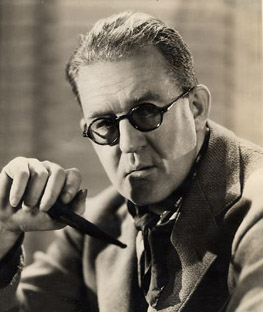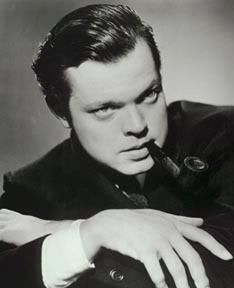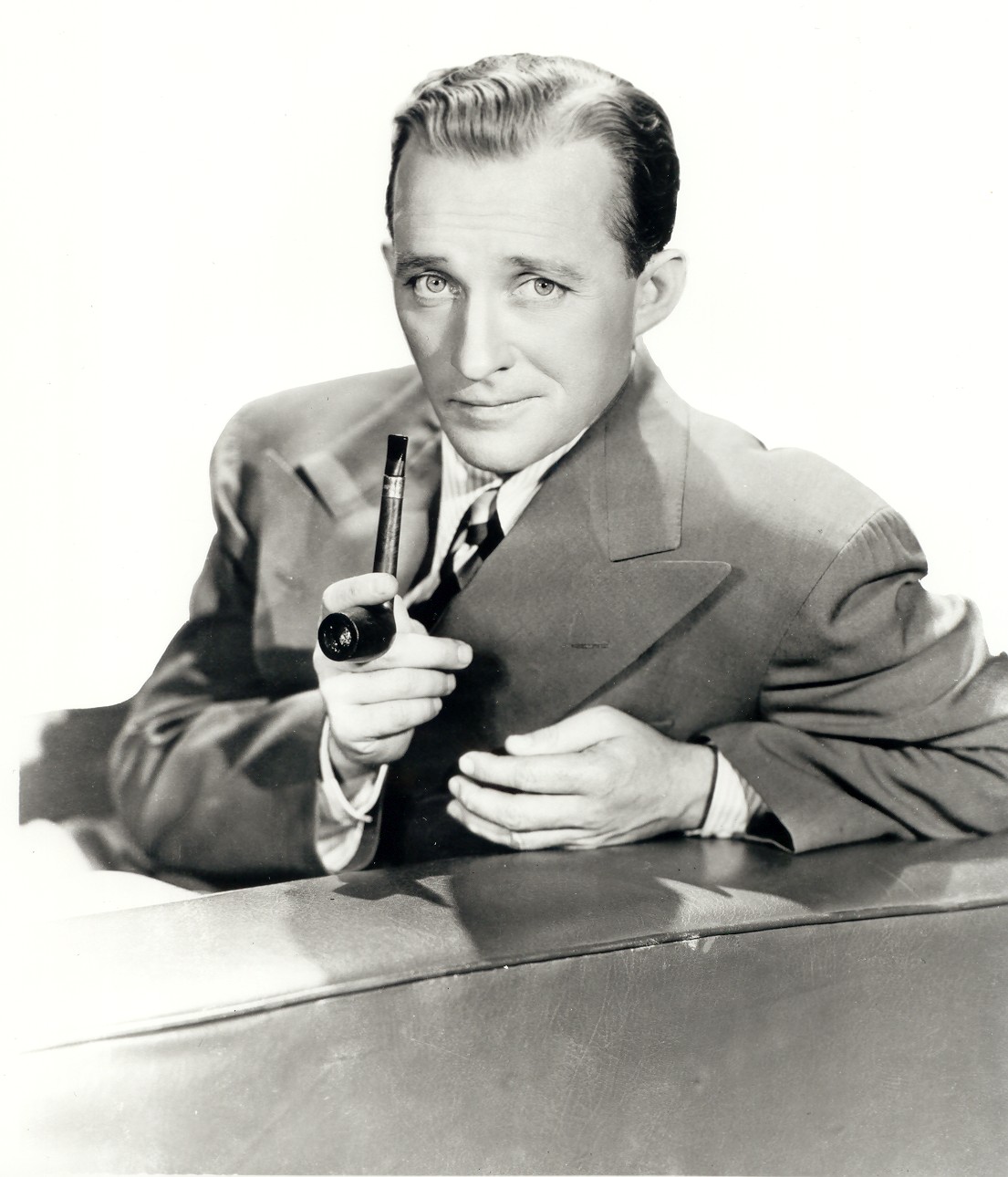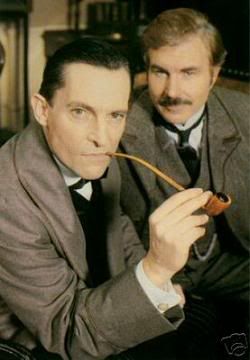
Georges Joseph Christian Simenon was a Belgian writer who wrote in French. He is best known for the creation of the fictional detective Maigret. Simenon was one of the most prolific writers of the twentieth century, capable of writing 60 to 80 pages per day. His oeuvre includes nearly 200 novels, over 150 novellas, several autobiographical works, numerous articles, and scores of pulp novels written under more than two dozen pseudonyms. Altogether, about 550 million copies of his works have been printed.
He is best known, however, for his 75 novels and 28 short stories featuring Commissaire Maigret. The first novel in the series, Pietr-le-Letton, appeared in 1931; the last one, Maigret et M. Charles, was published in 1972. The Maigret novels were translated into all major languages and several of them were turned into films.
During his "American" period, Simenon reached the height of his creative powers, and several novels of those years were inspired by the context in which they were written Trois chambres à Manhattan, Maigret à New York, Maigret se fâche.
Simenon also wrote a large number of "psychological novels", such as La neige était sale or Le fils, as well as several autobiographical works, in particular Je me souviens, Pedigree, Mémoires intimes .
In 1966, Simenon was given the MWA's highest honor, the Grand Master Award.
Simenon underwent surgery for a brain tumor in 1984 and made a good recovery. In subsequent years however, his health worsened. He gave his last televised interview in December 1988.
Georges Simenon died in his sleep on the night of September 3-4, 1989 in Lausanne.
 Arthur Asher Miller was an American playwright and essayist. He was a prominent figure in American literature and cinema for over 61 years, writing a wide variety of plays, including celebrated plays such as The Crucible, A View from the Bridge, All My Sons, and Death of a Salesman, which are still performed worldwide. Miller was the recipient of the Pulitzer Prize for Drama. Miller is considered by audiences and scholars as one of America's greatest playwrights, and his plays are lauded throughout the world.
Arthur Asher Miller was an American playwright and essayist. He was a prominent figure in American literature and cinema for over 61 years, writing a wide variety of plays, including celebrated plays such as The Crucible, A View from the Bridge, All My Sons, and Death of a Salesman, which are still performed worldwide. Miller was the recipient of the Pulitzer Prize for Drama. Miller is considered by audiences and scholars as one of America's greatest playwrights, and his plays are lauded throughout the world.